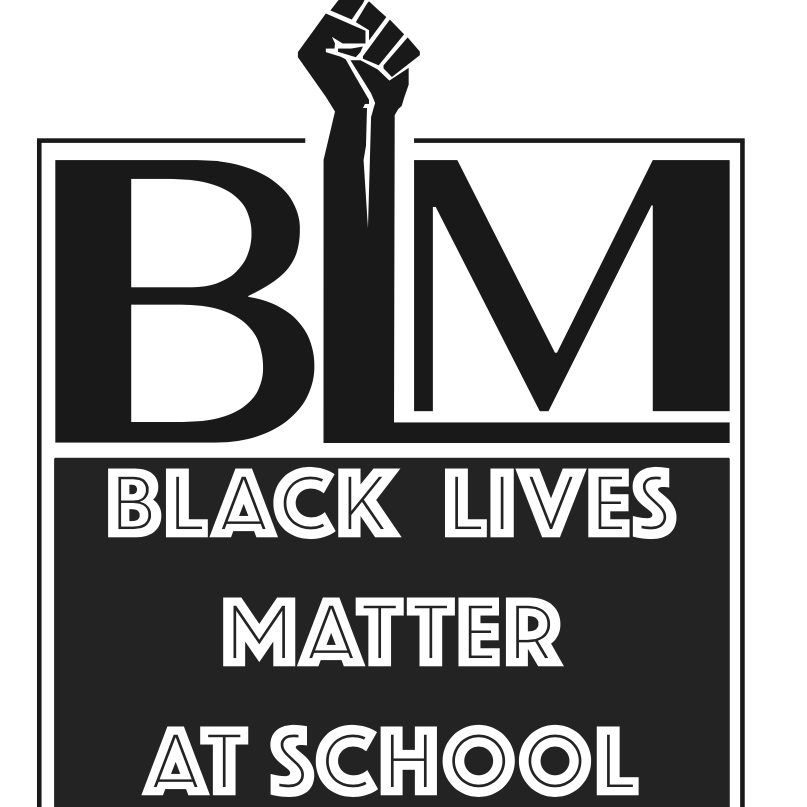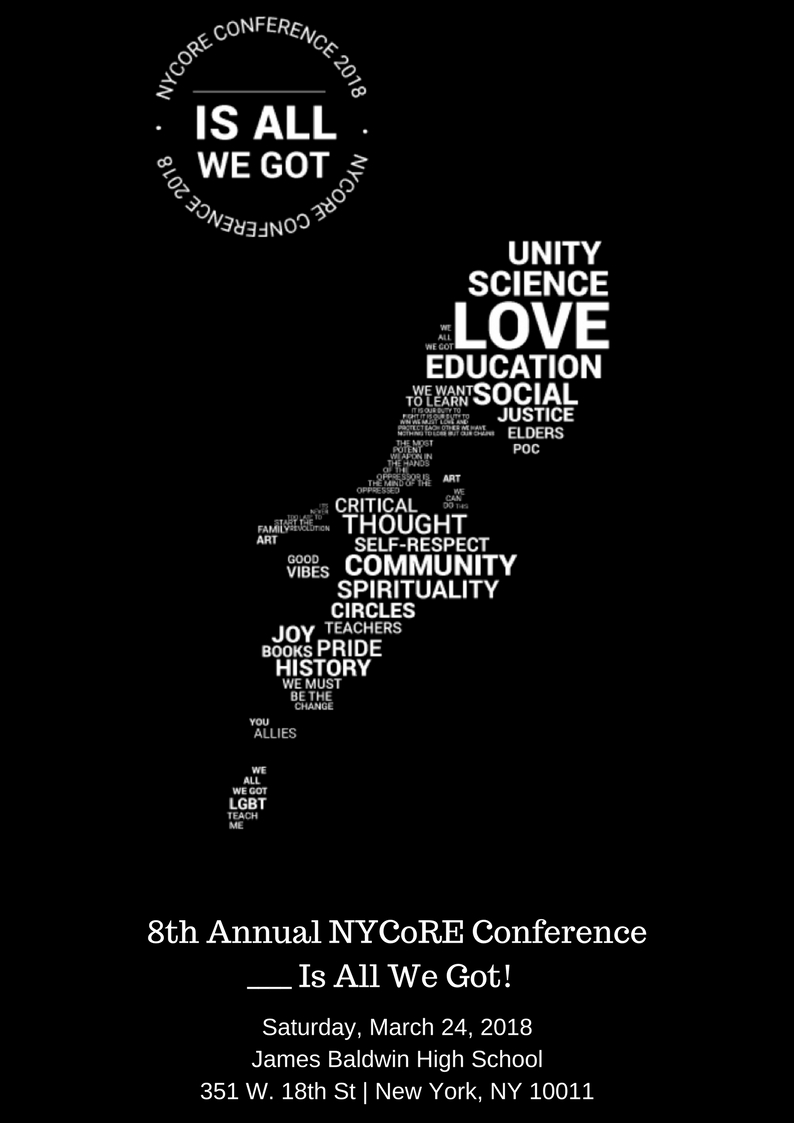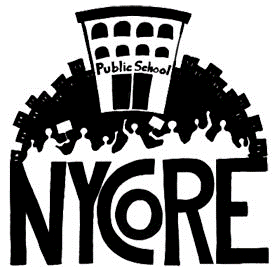During the week of February 5th-9th, in schools across the country, educators are taking part in a National Black Lives Matter Week of Action. The week of action has three central demands: 1) to end zero tolerance discipline policies and implement restorative justice, 2) to hire more Black teachers, and 3) to mandate Black history and ethnic studies be taught throughout the K-12 curriculum.
The Black Lives Matter Week of Action is part of a long history of teachers standing up for what is right, in our classrooms, in our schools, and in our communities. Most teacher unions agree: The Chicago Teachers Union, the New Jersey Education Association, the United Teachers Los Angeles, the Seattle Education Association and the Milwaukee Teachers Education Association are among the growing list of teachers unions that have voted to support this crucial and timely week of anti-racist action in schools. The National Education Association’s Human & Civil Rights Department has even developed a website for teachers to share stories and resources.
Yet at the United Federation of Teachers Delegates Assembly on January 17, 2018, the largest teachers’ local in the country, at the leadership’s suggestion and after only five minutes of debate, voted against supporting the NYC Black Lives Matter Week of Action. Delivering the union leadership’s rationale against the resolution, LeRoy Barr, the Assistant Secretary of the UFT and the chair of the ruling Unity caucus, called Black Lives Matter a “divisive” issue. He argued that with the anticipated Supreme Court ruling on Janus v. AFSCME, which will likely allow public sector workers to receive union representation and benefits without paying union dues, it is crucial to remain “united.”
But united in support of what? The Black Lives Matter week of action is about uniting to support students by implementing restorative justice, hiring Black teachers, and teaching Black history and ethnic studies. These are basic anti-racist demands that any organization of educators should get behind. Furthermore, most of the students we teach and the families we serve in NYC are Black and Latino. No doubt they can unite behind these demands. This week of action is just one of the ways educators can build greater solidarity with the communities we serve. Far from being divisive, this is about unifying and strengthening our union and the communities we serve.
If, in the face of the attack on collective bargaining that Janus represents, we are in fact divided, it is because we have failed to engage and organize the union’s membership. The privatization of schools has disproportionately hurt the careers of Black teachers. As a union, we should know that an injury to one is literally an injury to all. A union that can’t support a movement to make “Black Lives Matter” won’t be able to build the solidarity necessary to overcome Janus and other right-wing attacks on working people.
We have to rebuild our union from the bottom-up and educate ourselves and each other about the problems we face and the steps we can take together to confront them. Grassroots collective actions in our schools—such as the Black Lives Matter Week of Action—can be part of this process. We invite teachers across New York City to join us and other teachers around the country by taking part in February’s Black Lives Matter week of action as a first step to building a school system where Black Lives Matter.
NYC Black Lives Matter Week of Action Organizing Committee
Movement of Rank-and-File Educators (MORE) Steering Committee
New York Collective of Radical Educators (NYCORE)
We are asking UFT members and members of the community that support our statement to sign on as an individual. We will release the names of everyone who has signed on after February’s week of action to show the broad support this statement has and encourage UFT leaders and members to support the week of action in the future. If you’d like to sign on as an individual please fill out this form.



